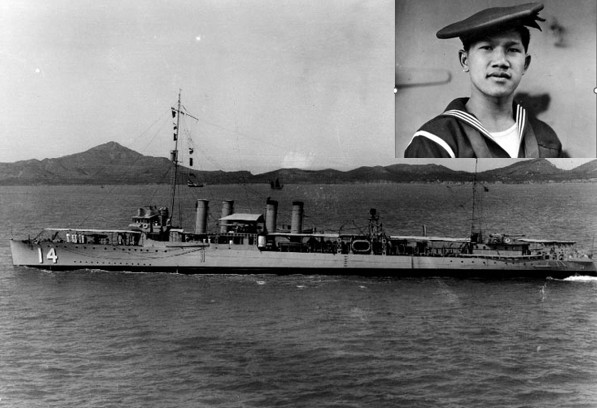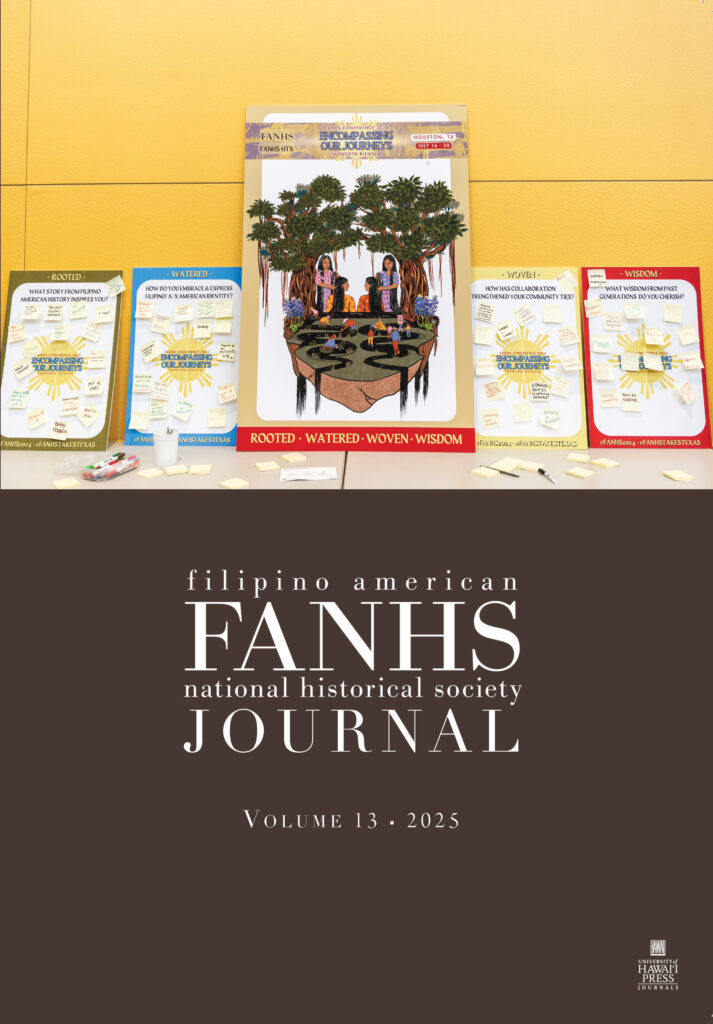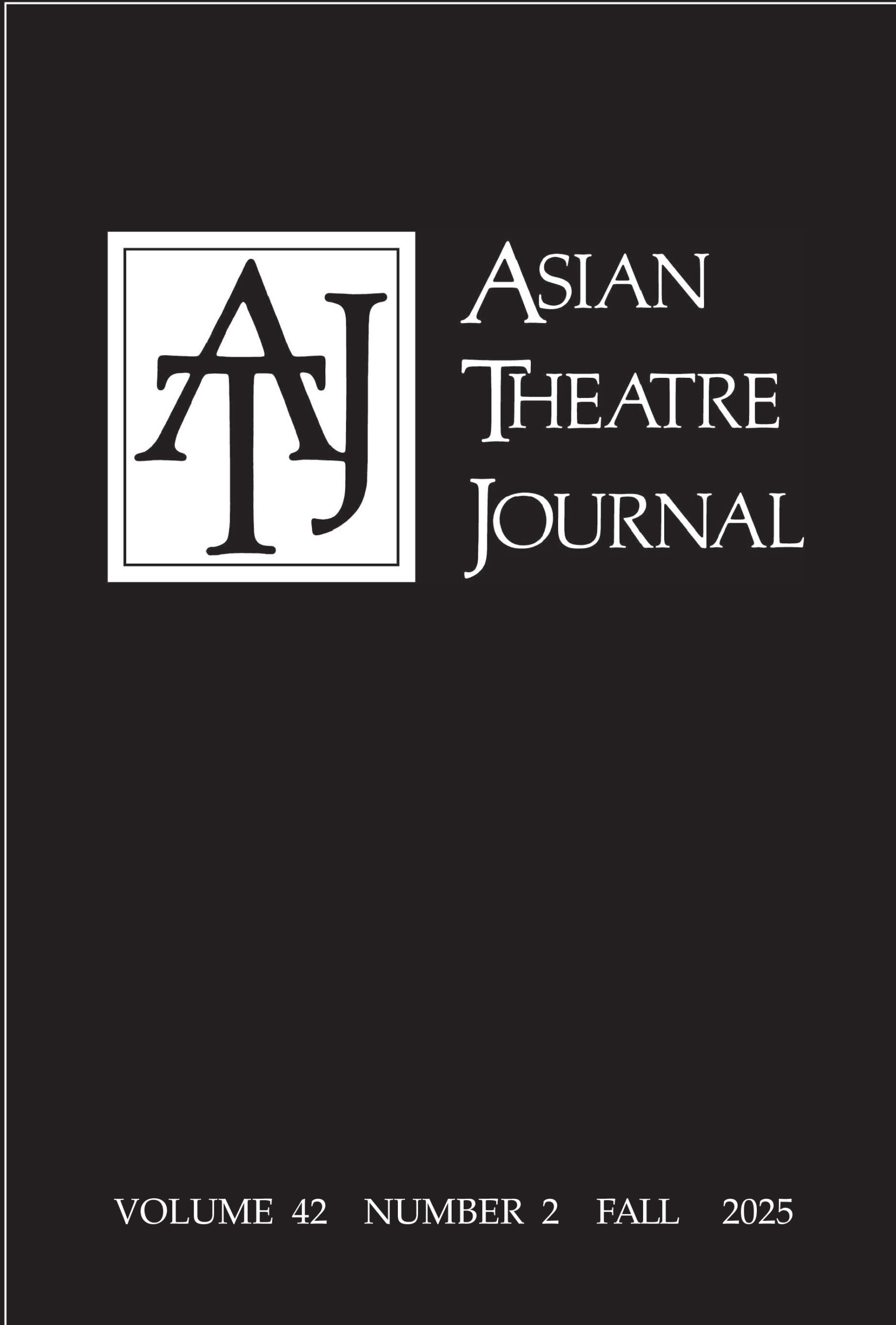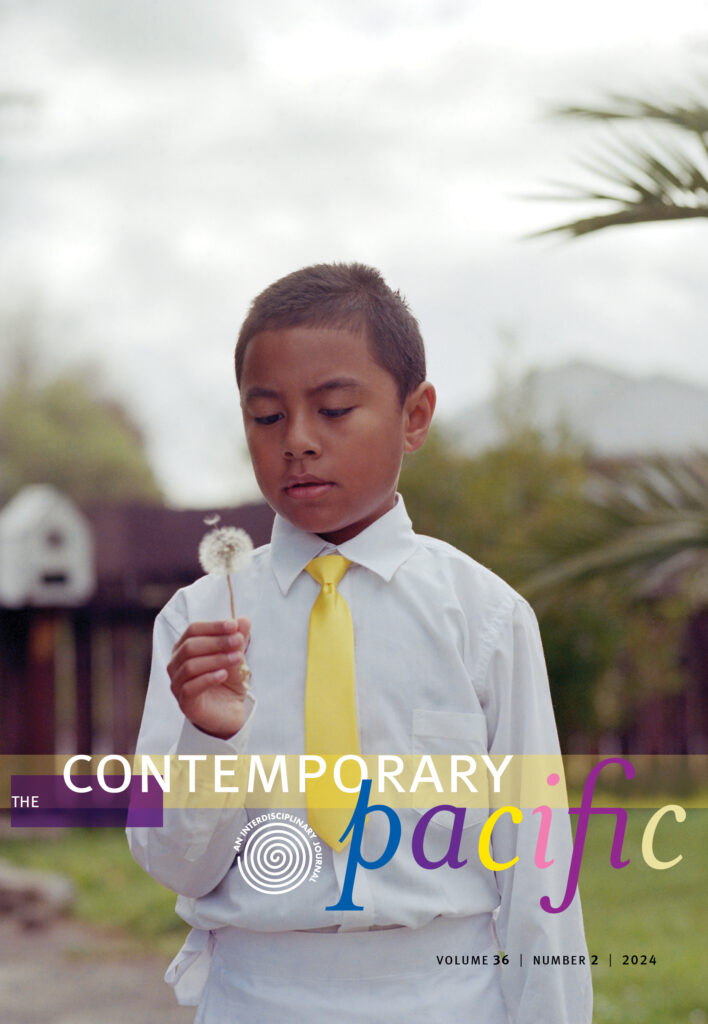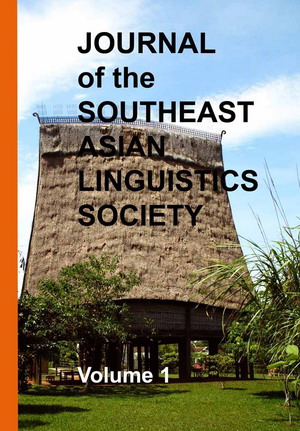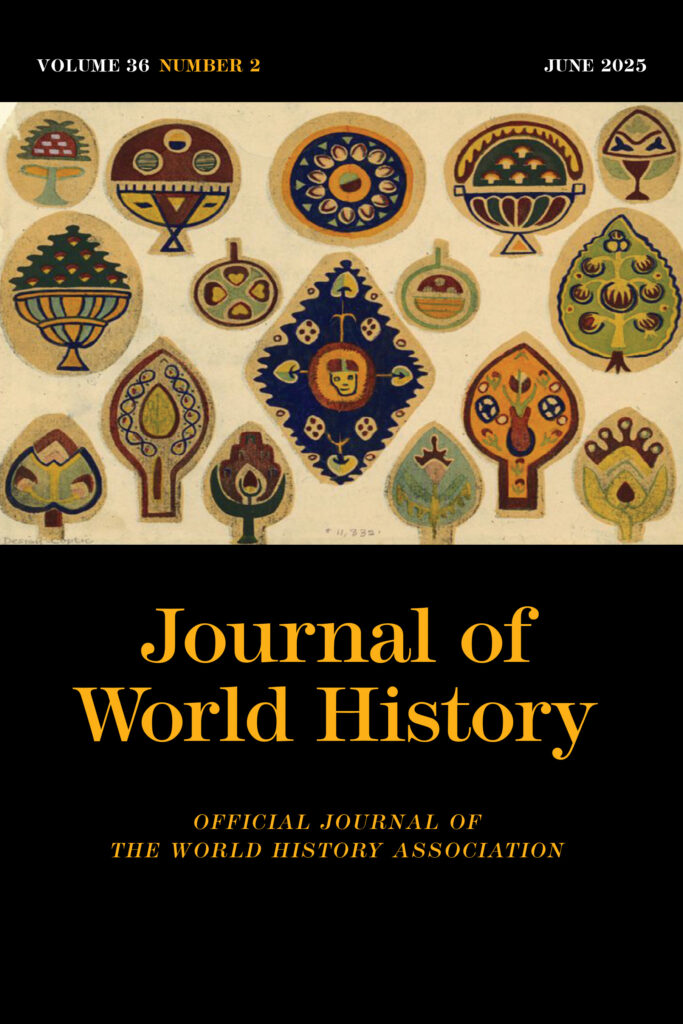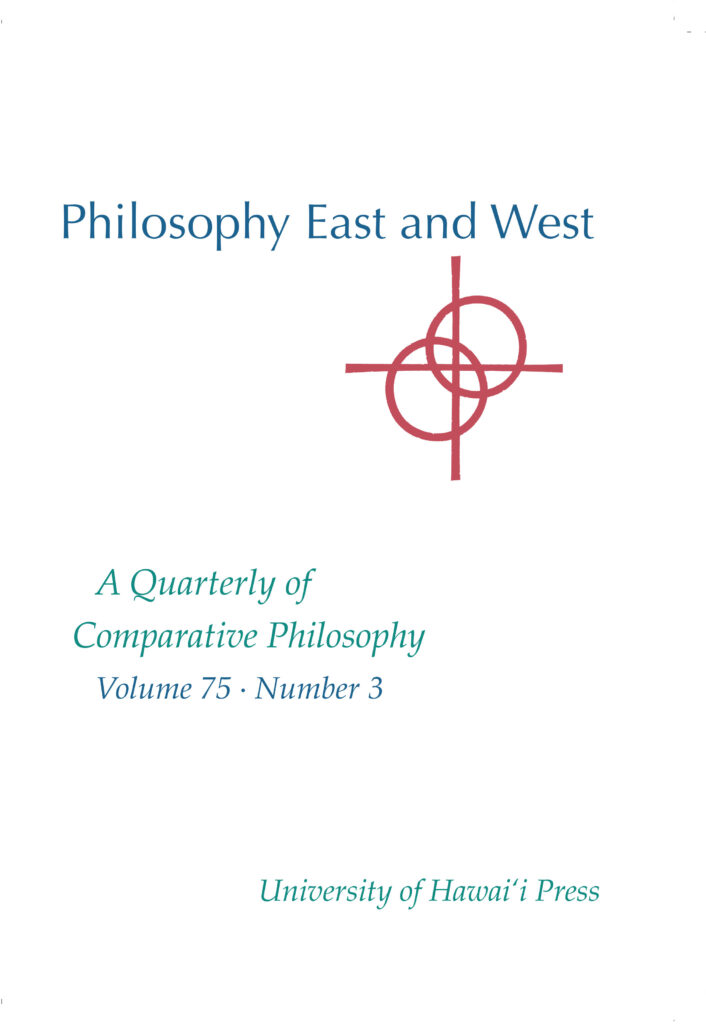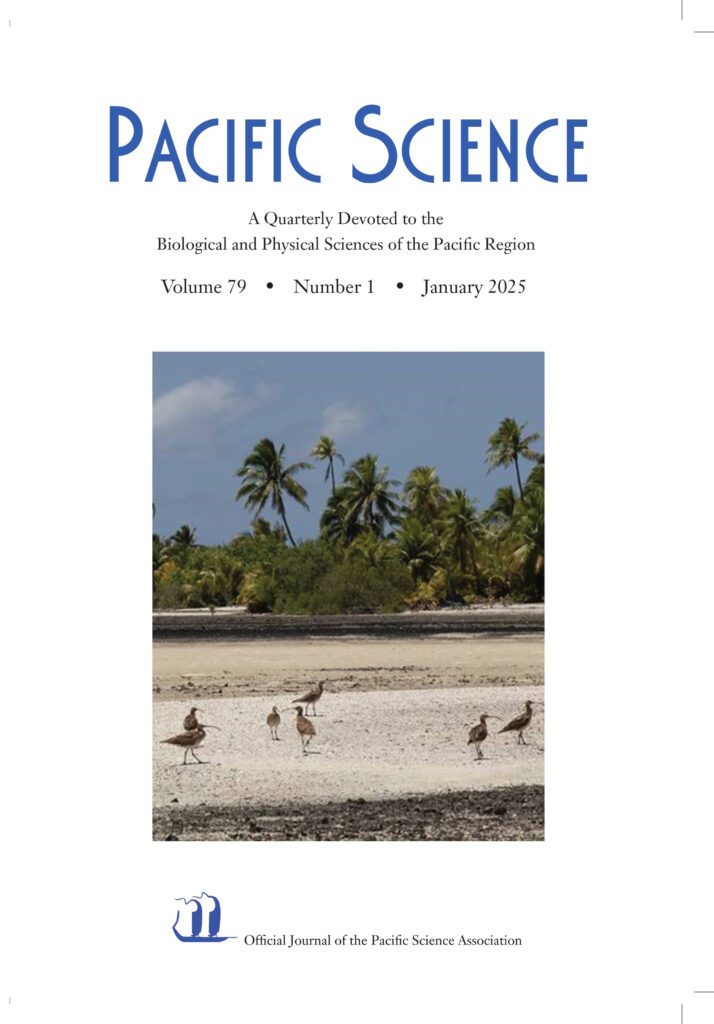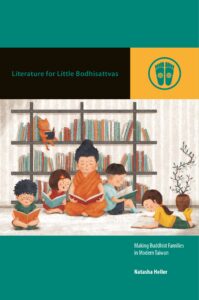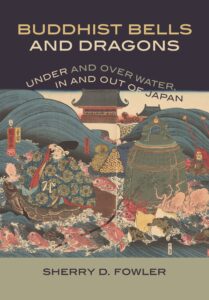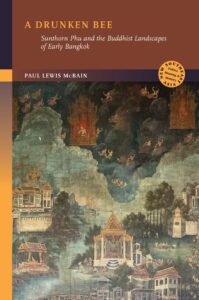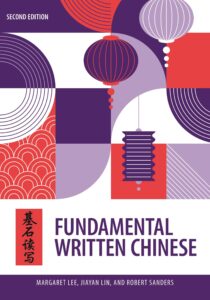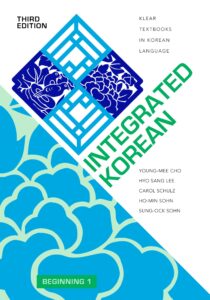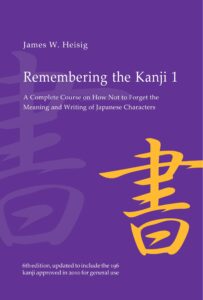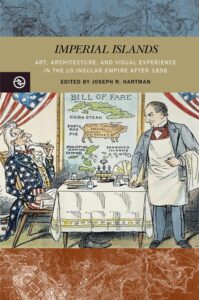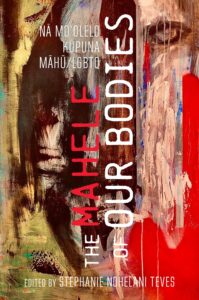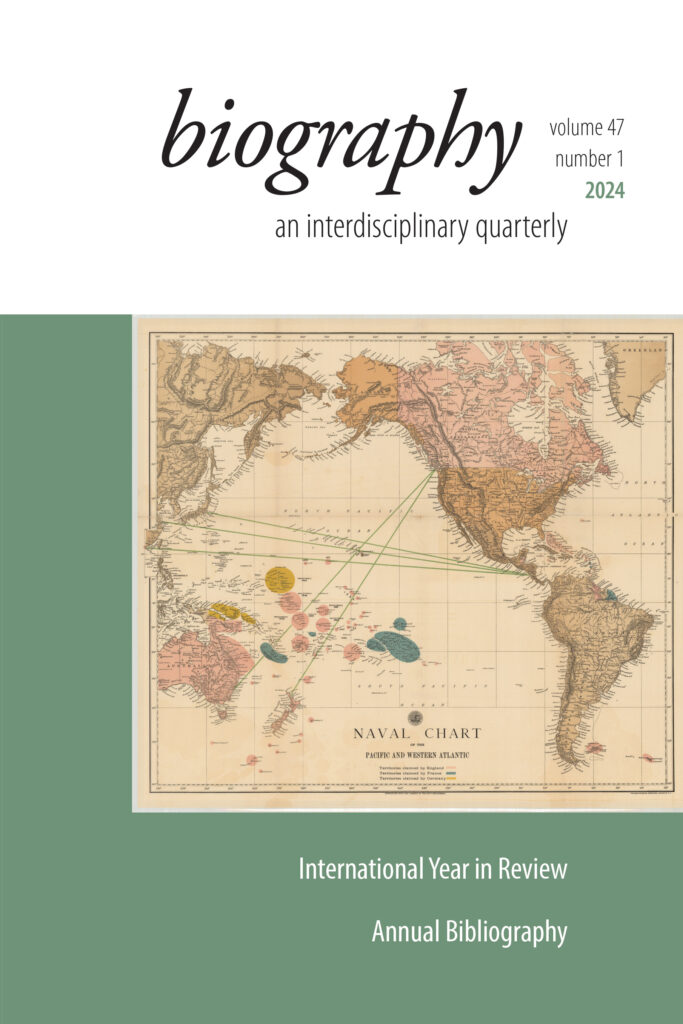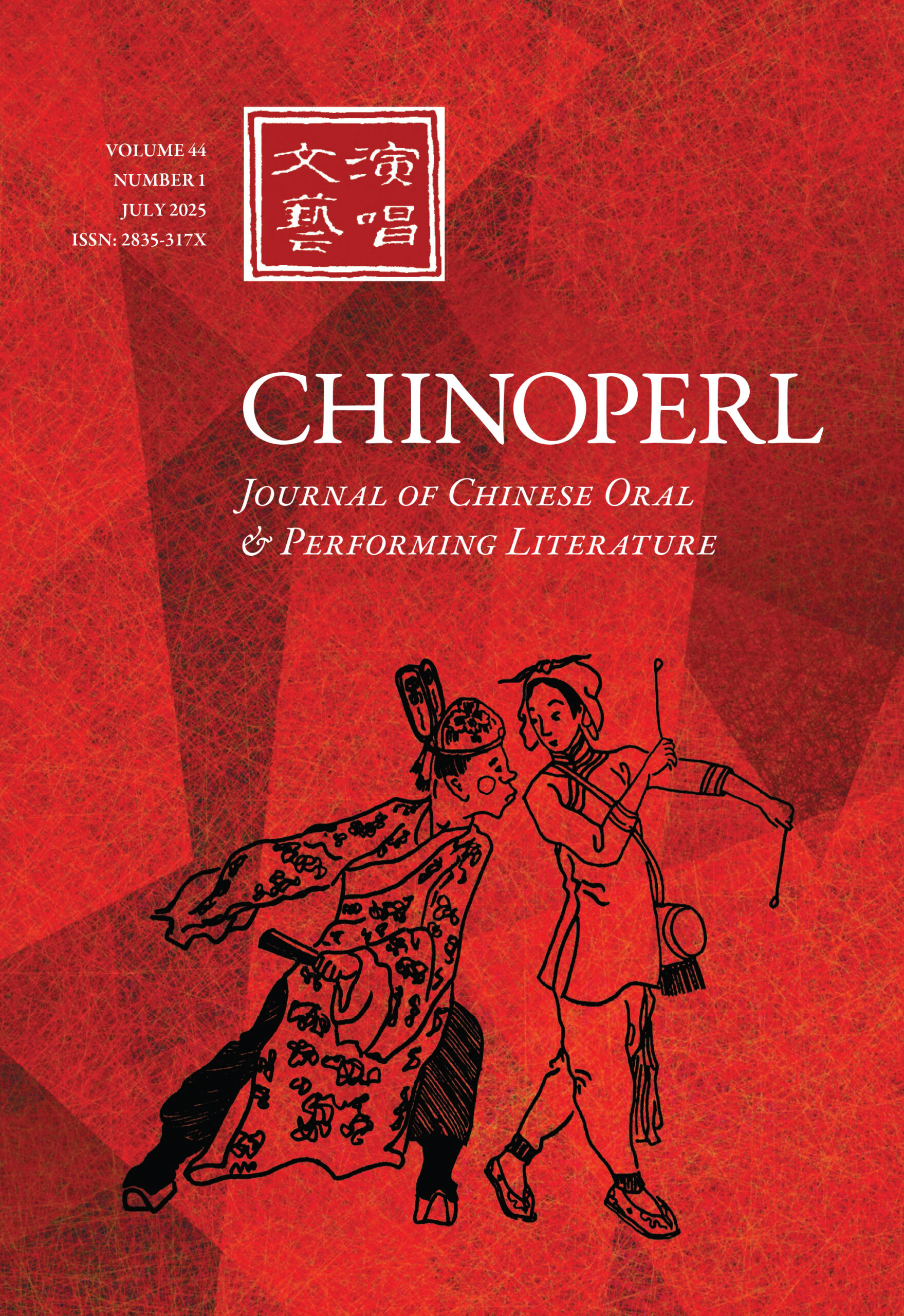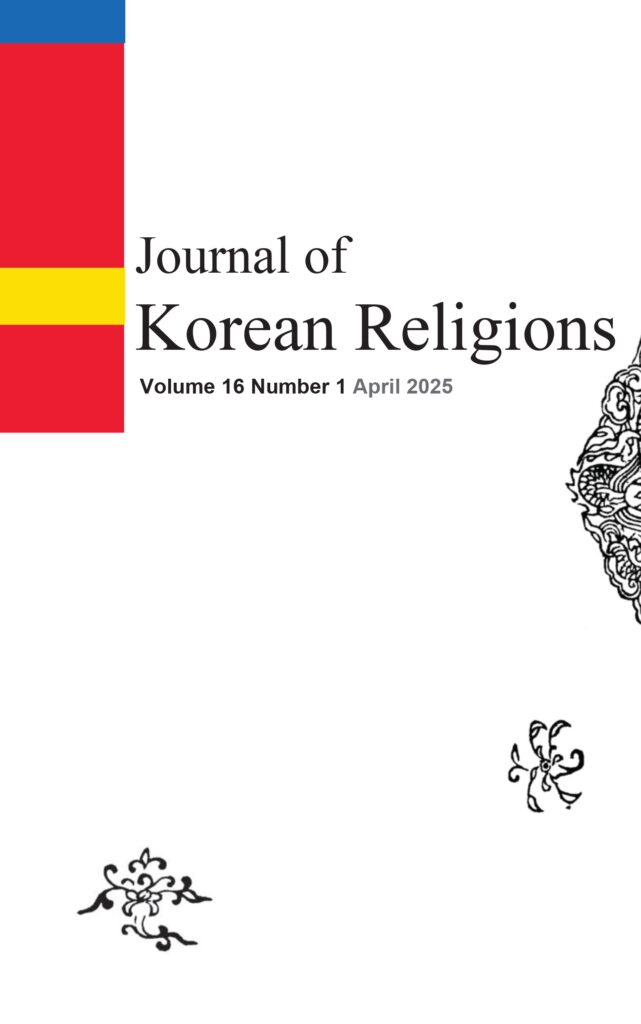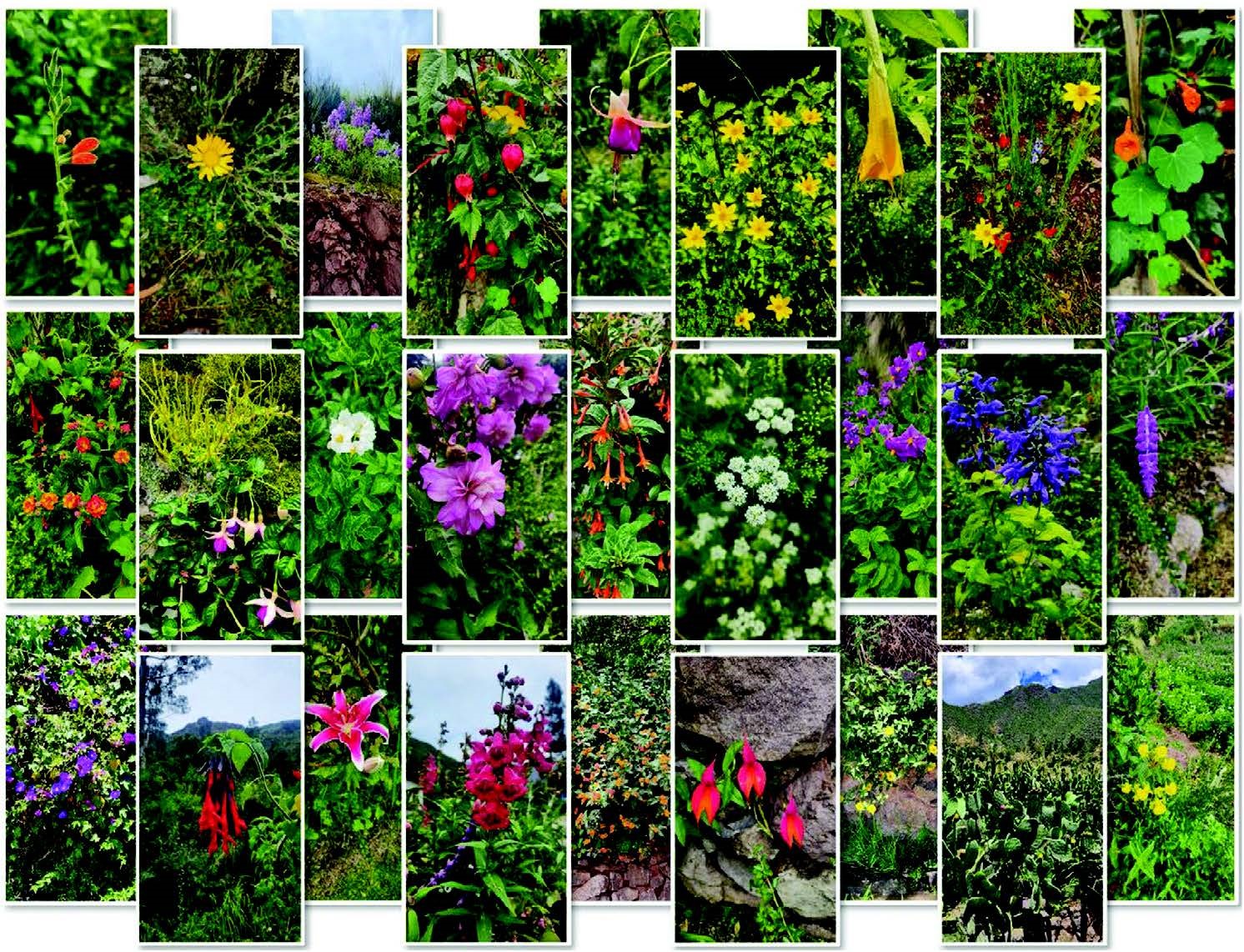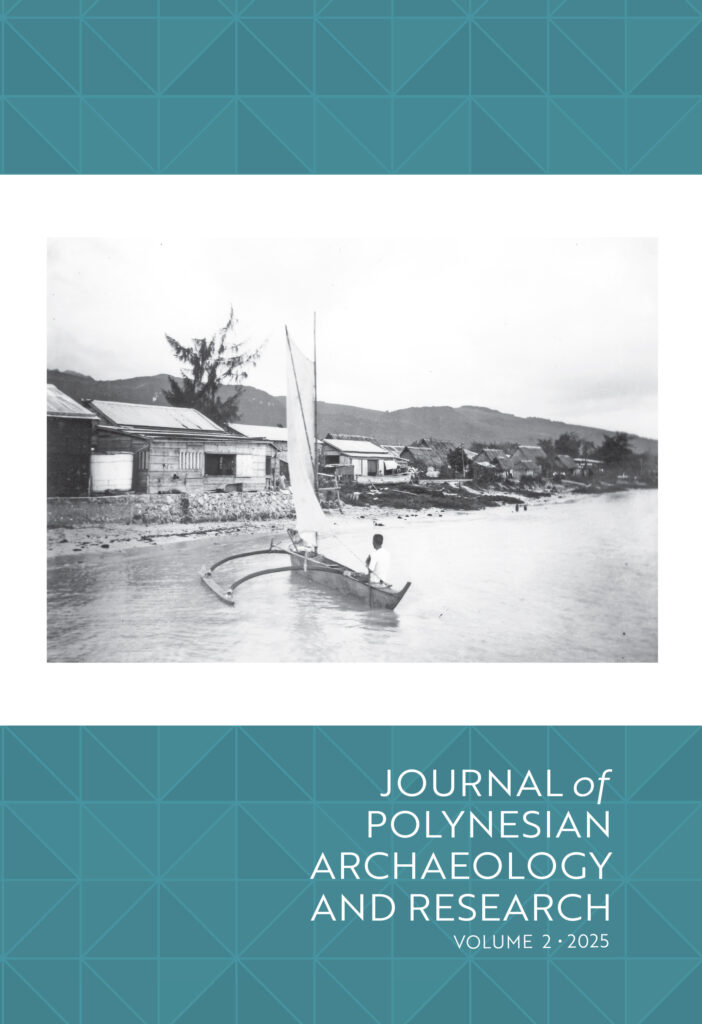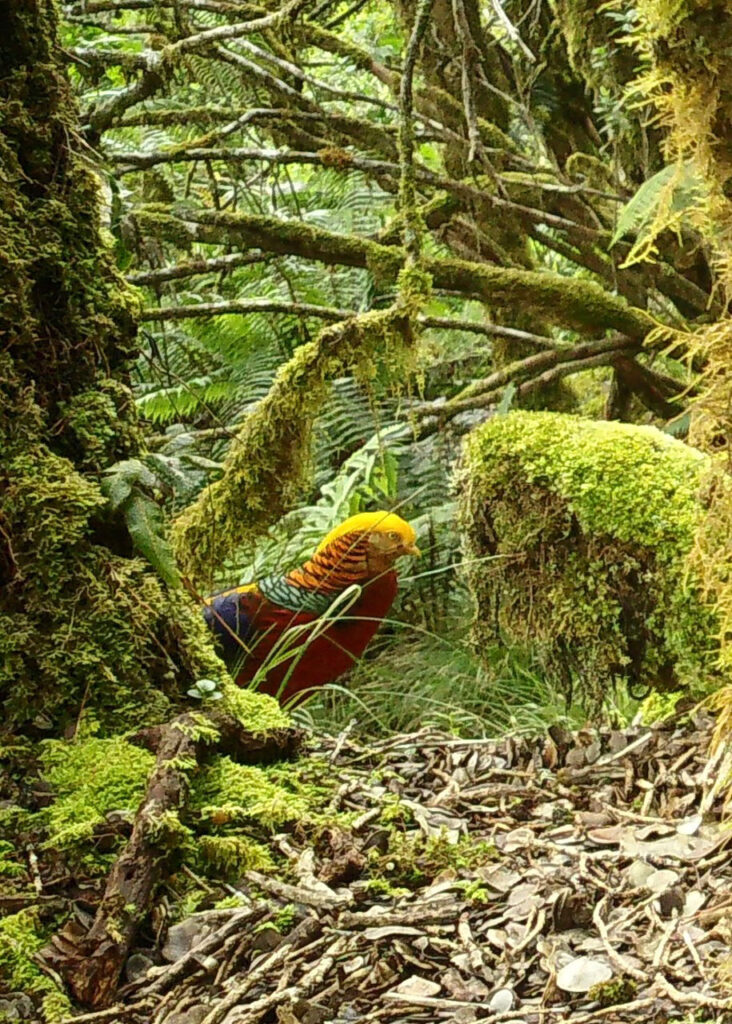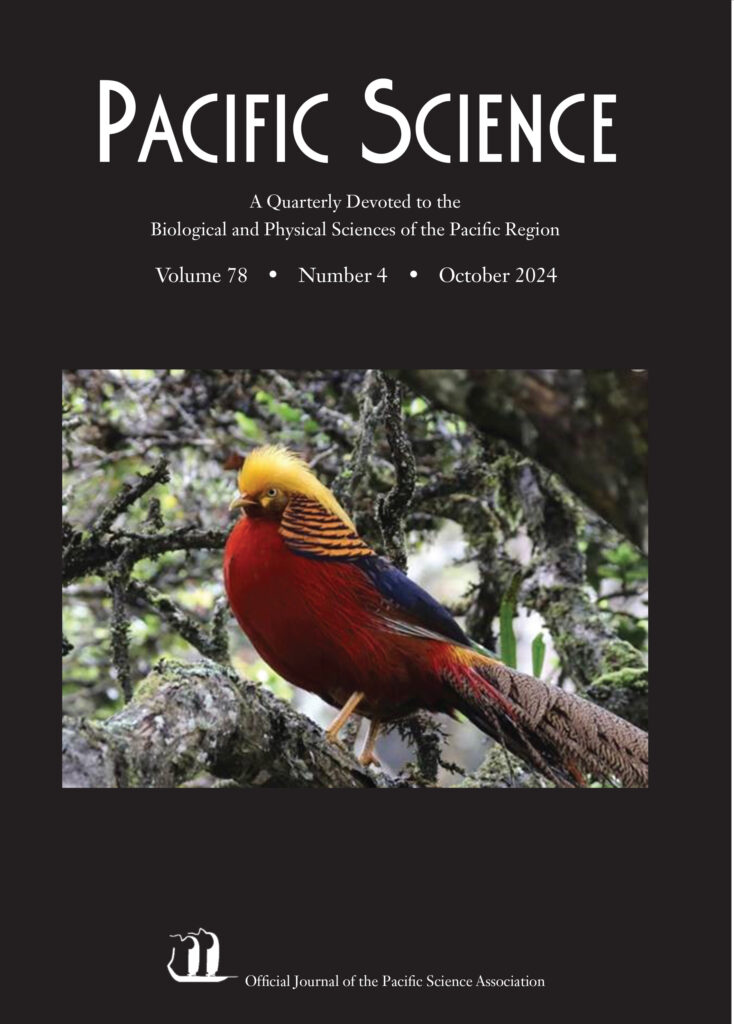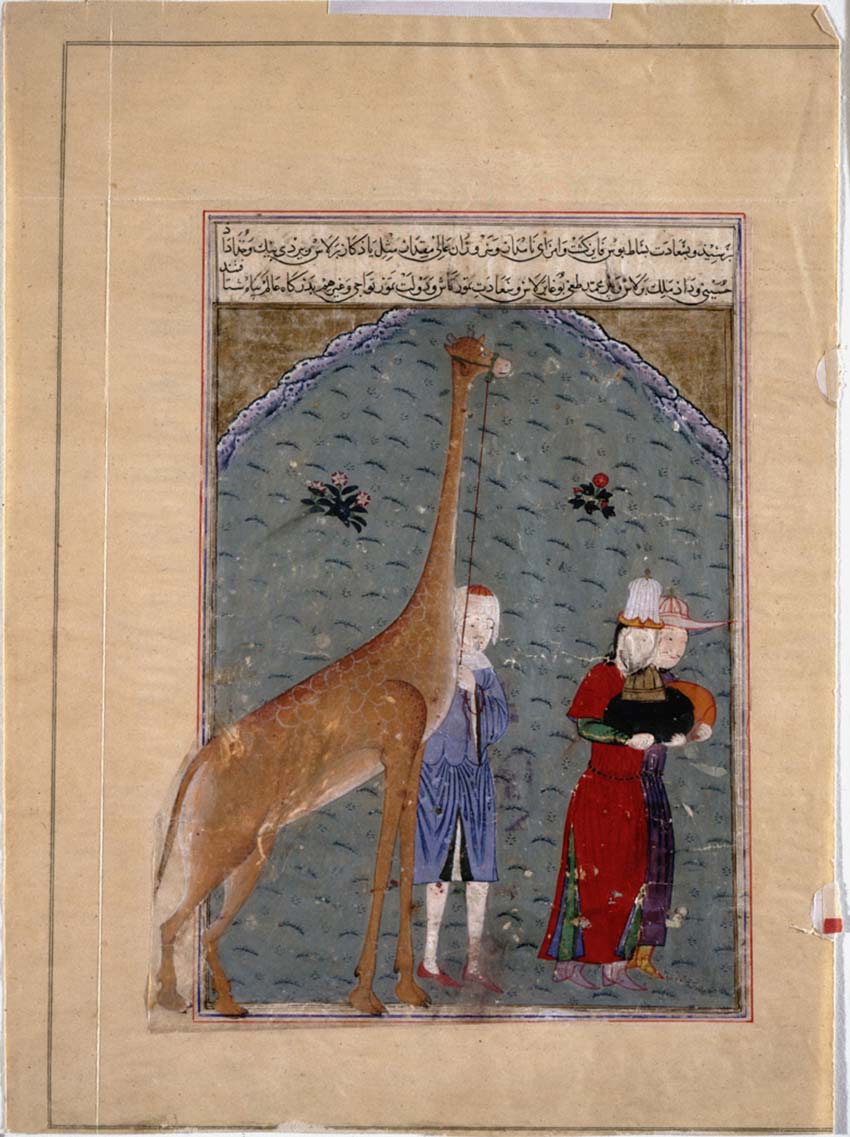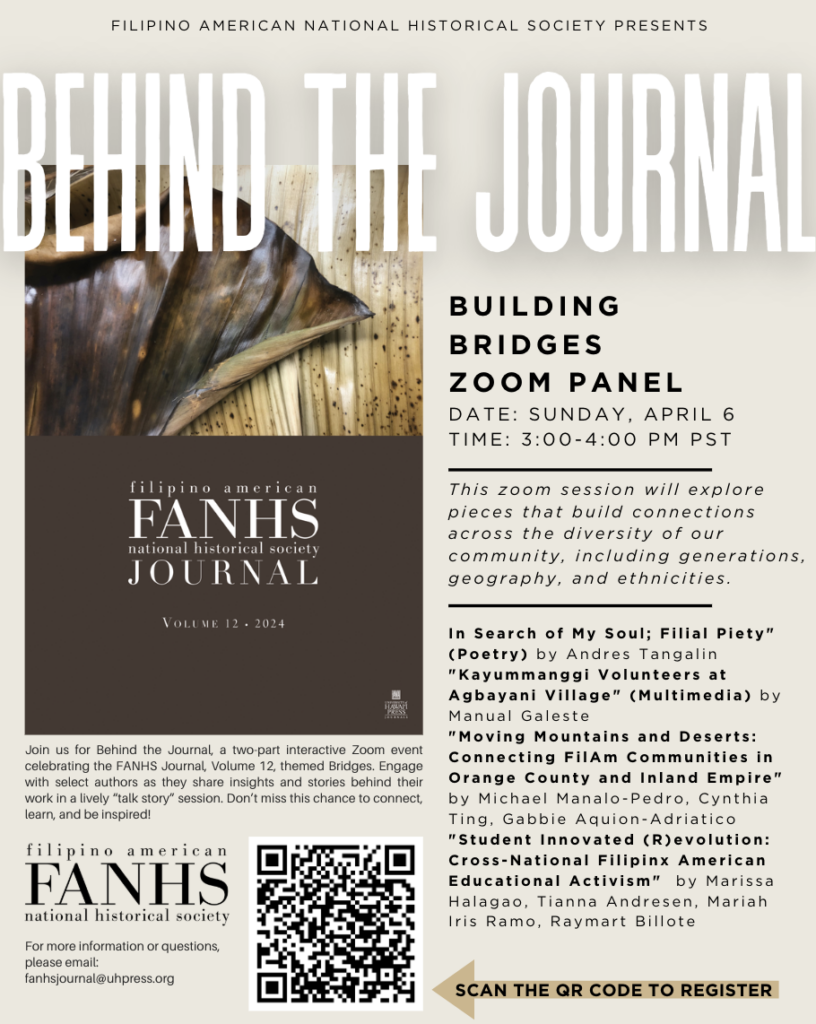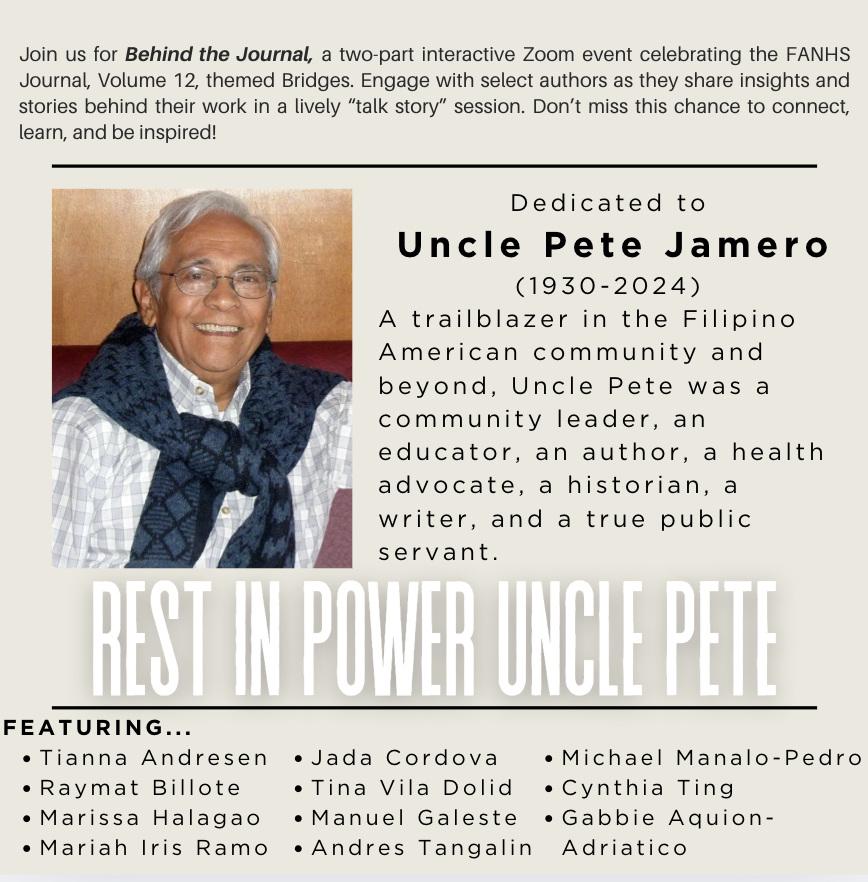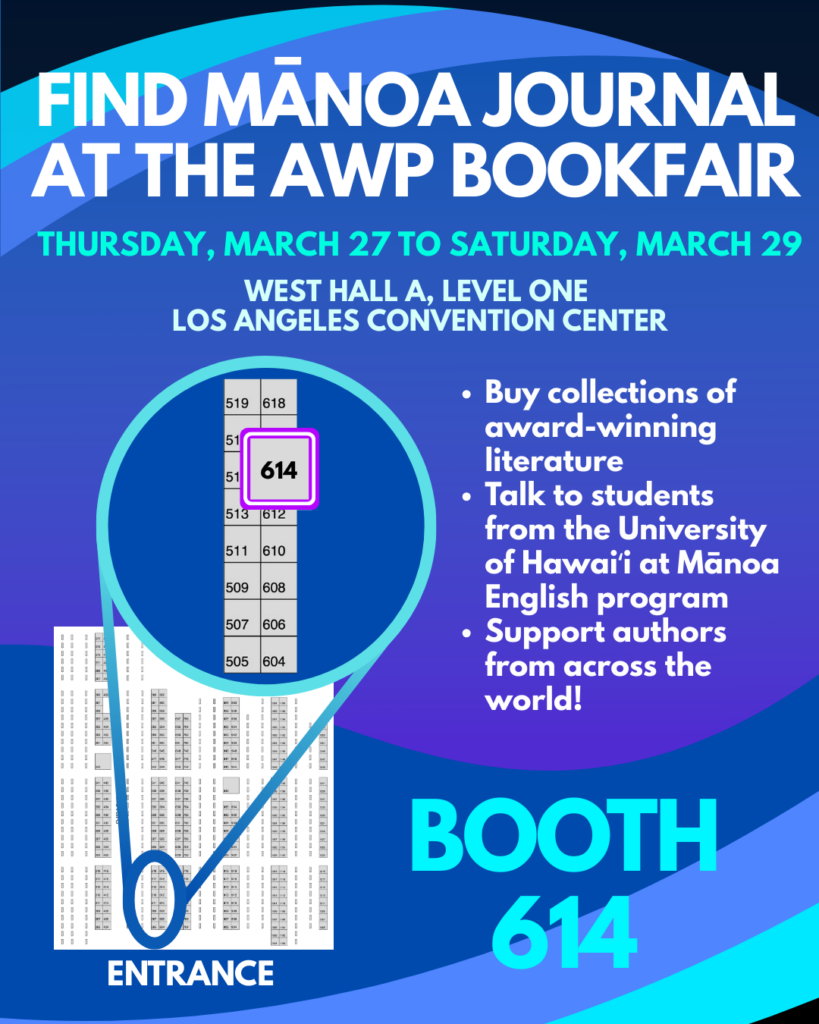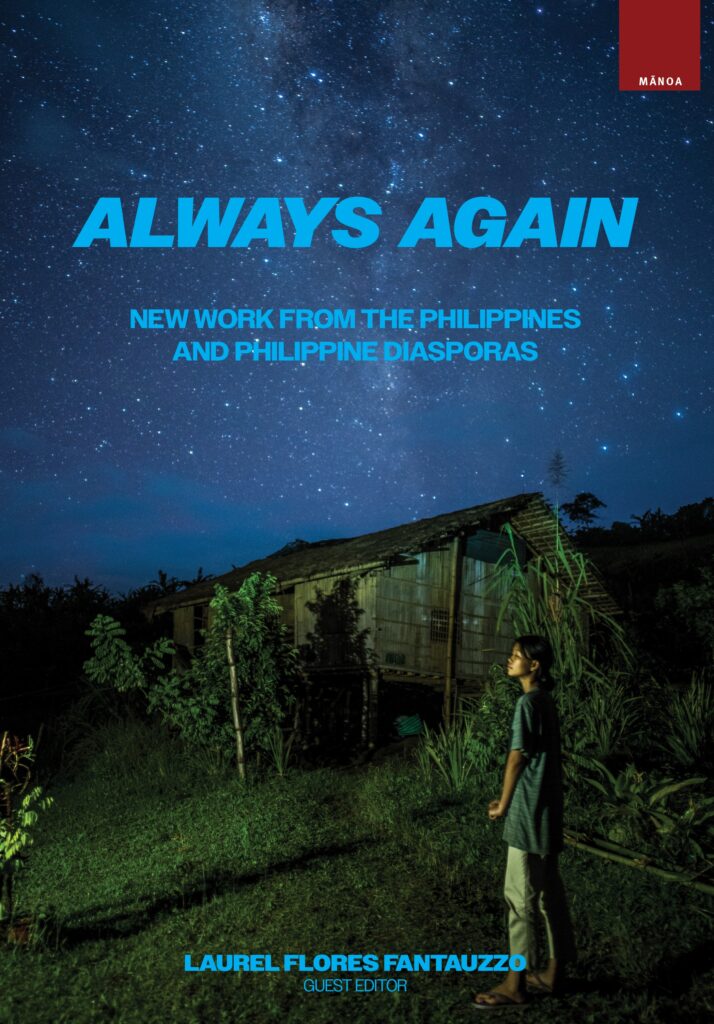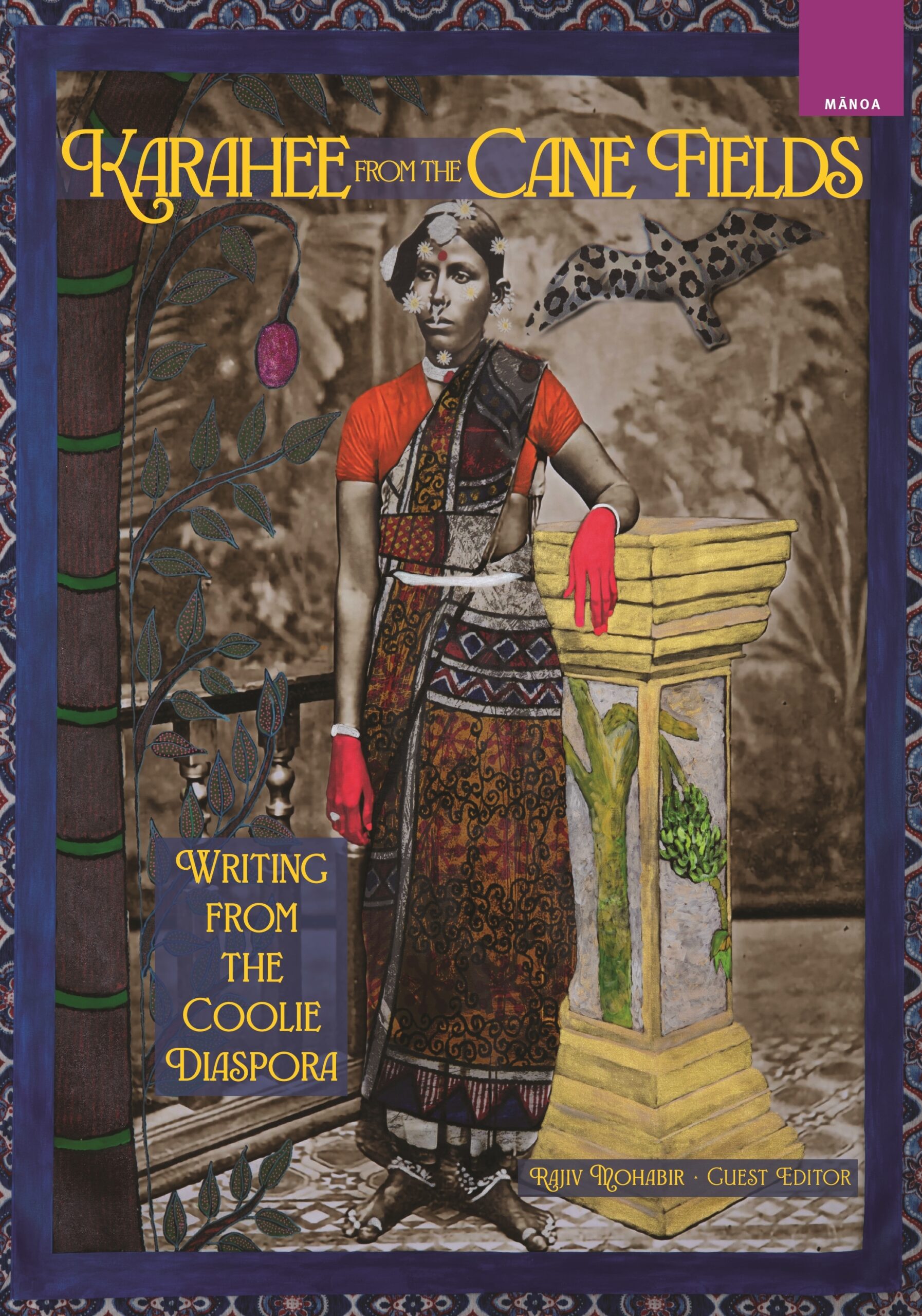See the special offer at the bottom of this post for a 30% discount!
Over the past couple of months, Kelli Y. Nakamura, professor of history at Kapiʻolani Community College, has brought new depth, urgency, and visibility to the history explored in her new book, Legacies of Incarceration: The World War II Experiences of Hawai‘i’s Japanese. Through a series of talks, interviews, and public programs, Dr. Nakamura has traced how Japanese and Japanese American incarceration in Hawai‘i unfolded across multiple islands, institutions, and generations, and why this history continues to matter today.
A central theme across these events is the distinctiveness of Japanese incarceration experience in Hawai‘i. Unlike the mass family incarceration that defined camps in the continental United States, Hawai‘i operated under martial law and relied on a smaller, selective system that targeted roughly 2,000 Japanese community leaders. On November 5, during the Tadaima virtual program hosted by Japanese American Memorial Pilgrimages, Nakamura emphasized how incarceration sites were scattered throughout the islands and included military camps, jails, plantations, courthouses, and community facilities. Many of these places, such as Sand Island, Honouliuli, and neighbor island jails, remain poorly marked, deteriorating, or erased, making community-based research and pilgrimages essential tools for recovery and remembrance.
That emphasis on preservation and public memory continued on November 15 at From Silence to Remembrance: Honoring Hawai‘i’s WWII Incarcerees, an event hosted by the Japanese Cultural Center of Hawai‘i. Joining Sheila Chun and Joanne Watanabe Ersig, Nakamura highlighted how Hawai‘i’s incarceration system involved constant movement between camps, wide variations in living conditions, and profound economic and psychological losses.
In a December 4 interview with Densho content director Brian Niiya, Nakamura reflected on the long journey behind Legacies of Incarceration, a project nearly two decades in the making. She explained how Hawai‘i’s incarceration history has often been treated as a footnote to the continental United States narrative and how her book reframes that perspective by centering local experiences shaped by plantation labor, surveillance, and martial law. Nakamura also spoke candidly about writing the book, describing the work as an act of creation amid loss that deepened her empathy for people whose lives, families, and futures were shattered by incarceration. She noted key areas still needing research, particularly the experiences of women, and stressed the book’s contemporary relevance in an era marked by racial profiling, fear of immigrants, and suspicion based on race or perceived foreignness.
These themes came together powerfully on December 6 at the King Kamehameha V Judiciary History Center, marking both the 10th anniversary of Honouliuli’s designation as a National Historic Site and the 80th anniversary of the end of World War II. Speaking alongside the opening of the exhibition Relics of War: Justice, Culture, and Community in Times of Conflict, Nakamura situated Hawai‘i’s incarceration experience within global conflict, plantation history, and the imposition of martial law that suspended civil authority and seized ʻIolani Palace, an injustice to Native Hawaiians. She detailed how arrests were often based on leadership roles rather than evidence of disloyalty, and how wartime experiences diverged sharply, with some Japanese Americans serving in celebrated military units while others were imprisoned, stigmatized, or silenced.
The November 15 and December 6 events were part of the broader 10th anniversary commemoration of Honouliuli National Historic Site, which concludes with a finale art exhibition this month. The exhibit features works by more than twenty local artists who turn history into art inspired by Honouliuli Internment Camp. Also on display are artifacts from the museum collection, including items on loan from family descendants of those who were incarcerated at the Honouliuli site. This one-of-a-kind exhibition is on view at the Downtown Art Center in Honolulu from January 2 to January 17.
Taken together, Dr. Nakamura’s talks, interviews, and public scholarship form a sustained call to remember, contextualize, and engage. They remind us that Hawai‘i’s incarceration history is not peripheral, finished, or distant, but deeply embedded in the landscape, shaped by local histories, and essential to understanding justice, memory, and responsibility today.
Order using coupon code LEGACIES30 for 30% off Legacies of Incarceration and the related titles listed below. The discount code is valid only through January 31, 2026.
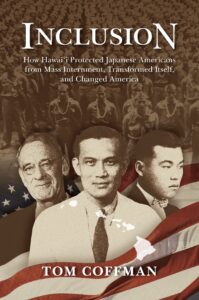 |
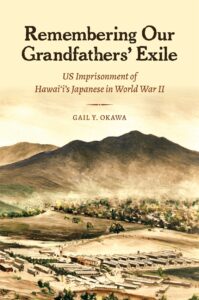 |
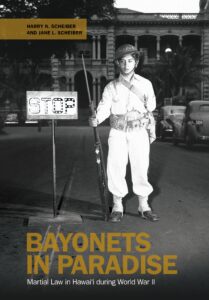 |
 |
Legacies of Incarceration: The World War II Experiences of Hawai‘i’s Japanese, by Kelli Y. Nakamura
Inclusion: How Hawai‘i Protected Japanese Americans from Mass Internment, Transformed Itself, and Changed America, by Tom Coffman
Remembering Our Grandfathers’ Exile: US Imprisonment of Hawai‘i’s Japanese in World War II, by Gail Y. Okawa
Bayonets in Paradise: Martial Law in Hawai‘i during World War II, by Harry N. Scheiber and Jane L. Scheiber
Life Behind Barbed Wire: The World War II Internment Memoirs of a Hawaii Issei, by Yasutaro Soga, translated by Kihei Hirai, with an introduction by Tetsuden Kashima





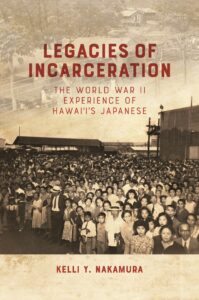 A central theme across these events is the distinctiveness of Japanese incarceration experience in Hawai‘i. Unlike the mass family incarceration that defined camps in the continental United States, Hawai‘i operated under martial law and relied on a smaller, selective system that targeted roughly 2,000 Japanese community leaders. On November 5, during the
A central theme across these events is the distinctiveness of Japanese incarceration experience in Hawai‘i. Unlike the mass family incarceration that defined camps in the continental United States, Hawai‘i operated under martial law and relied on a smaller, selective system that targeted roughly 2,000 Japanese community leaders. On November 5, during the 